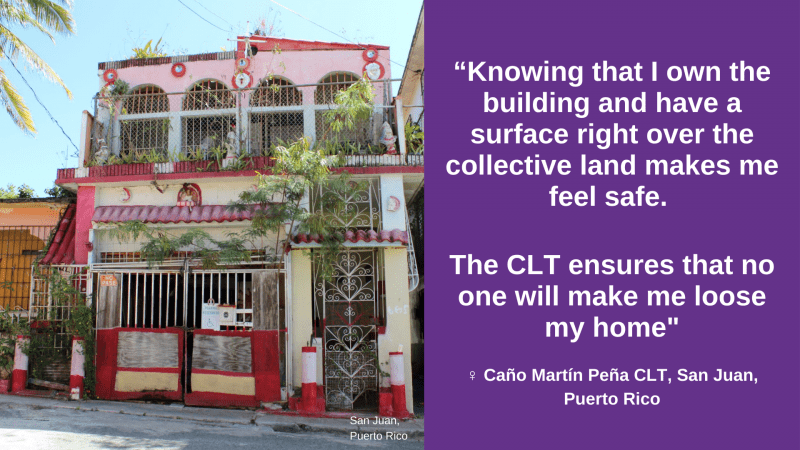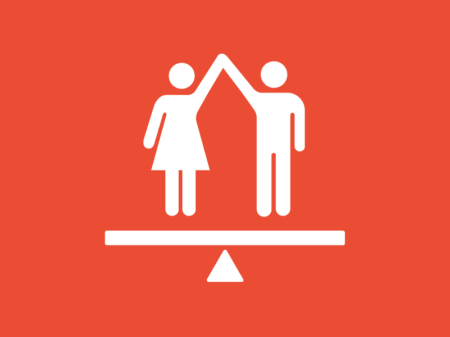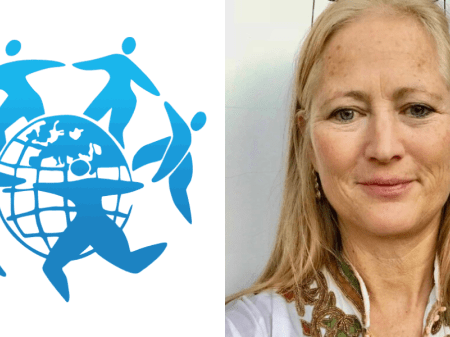
A recent study by UrbaMonde, a Geneva-based NGO focused on participative urban development projects, and We Effect, a Swedish development cooperation organisation, highlights the resilience of community-led housing at times of crisis. Released in December 2020, the research shows important benefits for the inhabitants of housing cooperatives, community land trusts and other forms of collective housing compared with irregular housing situations, borrowed or rental housing, and standard individual property.
According to the study, these models provide higher protection from evictions, foreclosure or having to move to another place even if people lose part of their incomes. Previously organised groups for saving and housing are more likely to get together to carry out income-generating activities such as soap and mask production, or buying food for neighbours.
This housing model also leads to better engagement among neighbours who know and trust each other and are better equipped to respond to the needs of vulnerable neighbours.
The study confirmed that community-led housing, including cooperatives, is more likely to foster collective activities to reduce domestic workloads, especially for women, and prevent isolation, loneliness, stress and depression.
The research involved a global survey and 52 interviews carried out between September and November 2020. As a member of the CoHabitat Network, Cooperative Housing International (CHI), a sectoral organisation of the ICA, helped to spread the word about the survey and the report.
Julie La Palme, Secretary General of CHI, said the pandemic had “shed light on the importance of secure housing and rising inequalities”. She added: “This important study further proves that housing by and for the people is not about profits but about providing secure shelter, and in times of need such as this pandemic, supporting one another through solidarity activities.
“The 7th cooperative principle of concern for community is in full swing here. From deferred rent programs to food security and violence protection initiatives, members of housing cooperatives and other forms of community-led housing are not facing the threat of eviction, unlike those living in public and private rental housing and other forms of irregular situations.”
The survey confirmed that groups of populations who already struggled to access land and housing before the pandemic, are disproportionately affected by the health, social and economic impacts of the global COVID-19 crisis.
The findings suggest that community-led housing fosters individual and community resilience to the health, economic and social impacts of the COVID-19 pandemic. WeEffect and urbaMonde call on local, regional and national governments to develop enabling policies that include a legal framework, funding and land for community led housing projects.
“We believe that such efforts to encourage Community-Led Housing (CLH) initiatives are an effective strategy to meet the needs of deprived communities while preventing commodification, gentrification and touristification of cities and ensuring the social function of land and housing. We, therefore, believe that CLH is a concrete pathway to prevent future crises of all kinds and to fulfil people’s Economic, Social and Cultural Rights as well as the United Nations’ Sustainable Development Goals for 2030,” reads the report.
The study is available in French, English and Spanish: https://www.urbamonde.org/en/projects/community-led-housing-a-concrete-response-to-covid-19




